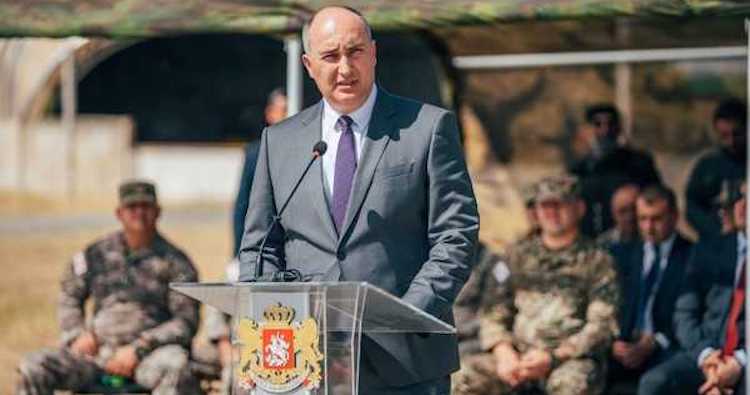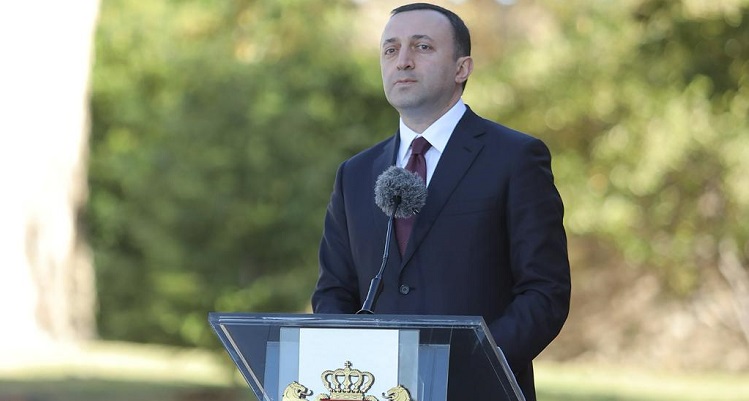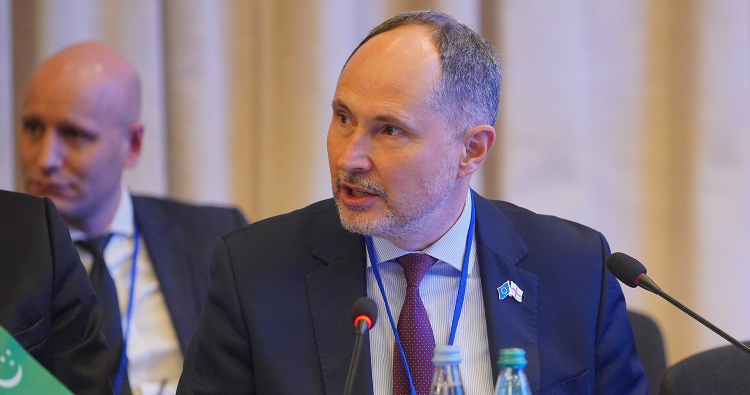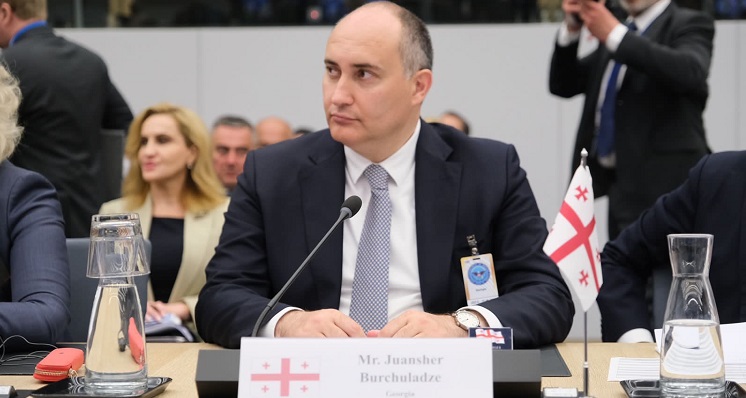Georgian Defence Minister’s Parliament address highlights defence policy, challenges in Black Sea region
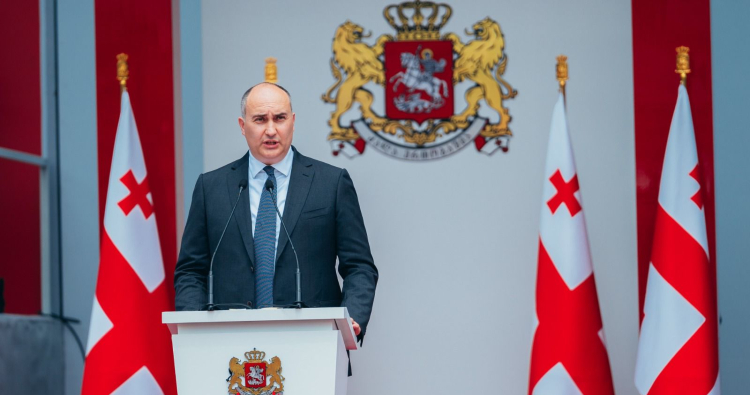
Burchuladze told the country’s Parliament Georgia was “getting closer to the European family” and the Euro-Atlantic space with its standards, modernisation and increasing level of readiness despite the “existing difficulties” in the Black Sea region. Photo: Ministry of Defence
Georgian Defence Minister Juansher Burchuladze on Tuesday told the country’s Parliament Georgia’s security “significantly depended” on the effectiveness of its deterrence and defence policies.
Speaking in the Minister’s Hour format to MPs, Burchuladze discussed security challenges and threats to Georgia and in the Black Sea region, along with the “turbulent geopolitical environment” and reforms carried out in the country.
He also reviewed Russia’s “aggressive and violent” actions, which he said were used by the Kremlin to “pursue its geopolitical interests” and limit access to the Black Sea region for NATO and the European Union, and noted the country was using “aggressive and violent policies [and] brutal wars” to achieve the goal, and “grossly violated” rules of international law, occupied neighbouring countries, “encouraged separatism” and “sowed chaos through various hybrid methods”.
Georgia became “one of the first targets” of Russian aggression and occupation, with 20 percent of the country’s territory occupied following the war between the countries in August 2008, the Minister said, adding the occupying forces were deployed in “inseparable parts” of the country’s occupied Abkhazia and Tskhinvali (South Ossetia) regions where they continued their “violent policy” towards citizens.
Burchuladze told the country’s Parliament Georgia was “getting closer to the European family” and the Euro-Atlantic space with its standards, modernisation and increasing level of readiness despite the “existing difficulties” in the Black Sea region.
He highlighted the Georgian armed forces and their capabilities as “one of the important cornerstones of the country's strength” for ensuring “success and effectiveness” of the country’s pragmatic policy, and noted strengthening the armed forces, raising their level of readiness and turning them into a “modern, motivated and combat-capable” force was “one of the most important parts” in the policy.
Burchuladze told lawmakers the Government's “pragmatic policy” was “one of the main guarantors of protecting the interests” of the country, maintaining peace and “continuing its success”, as the country was not yet a “full-fledged” part of NATO and did not have the degree of security the bloc’s membership brought.
The most important mechanism of NATO-Georgia practical cooperation, the Substantial NATO-Georgia Package, is being successfully implemented”, he told lawmakers, adding that with its status as the “largest project” of the NATO Defence and Related Security Capacity Building Initiative among the mechanisms of practical cooperation with partner countries, the package showed the “dynamics of close cooperation between us”.
He also stressed his office was “actively cooperating” with international organisations in developing cyber defence capabilities, and added a total of €4 million had been allocated for the purpose from the European Union over the last two years, while also pointing out the establishment of a cybersecurity laboratory in the country to strengthen defence and capability with a €700,000 grant as part of the Government’s cooperation with NATO.
The Minister singled out the United Kingdom’s ties with Georgia in cybersecurity and said the British side was “actively working” on a related plan and co-financing the joint project with £5 million, with the Georgian Government providing the remaining funding.
Burchuladze also mentioned the construction works of a cybersecurity centre in Tbilisi would start in 2024.
 Tweet
Tweet  Share
Share
